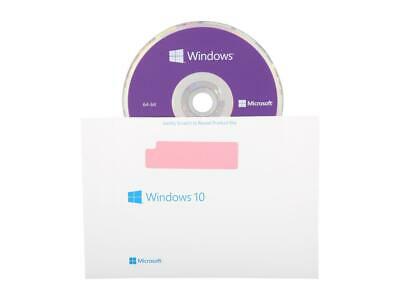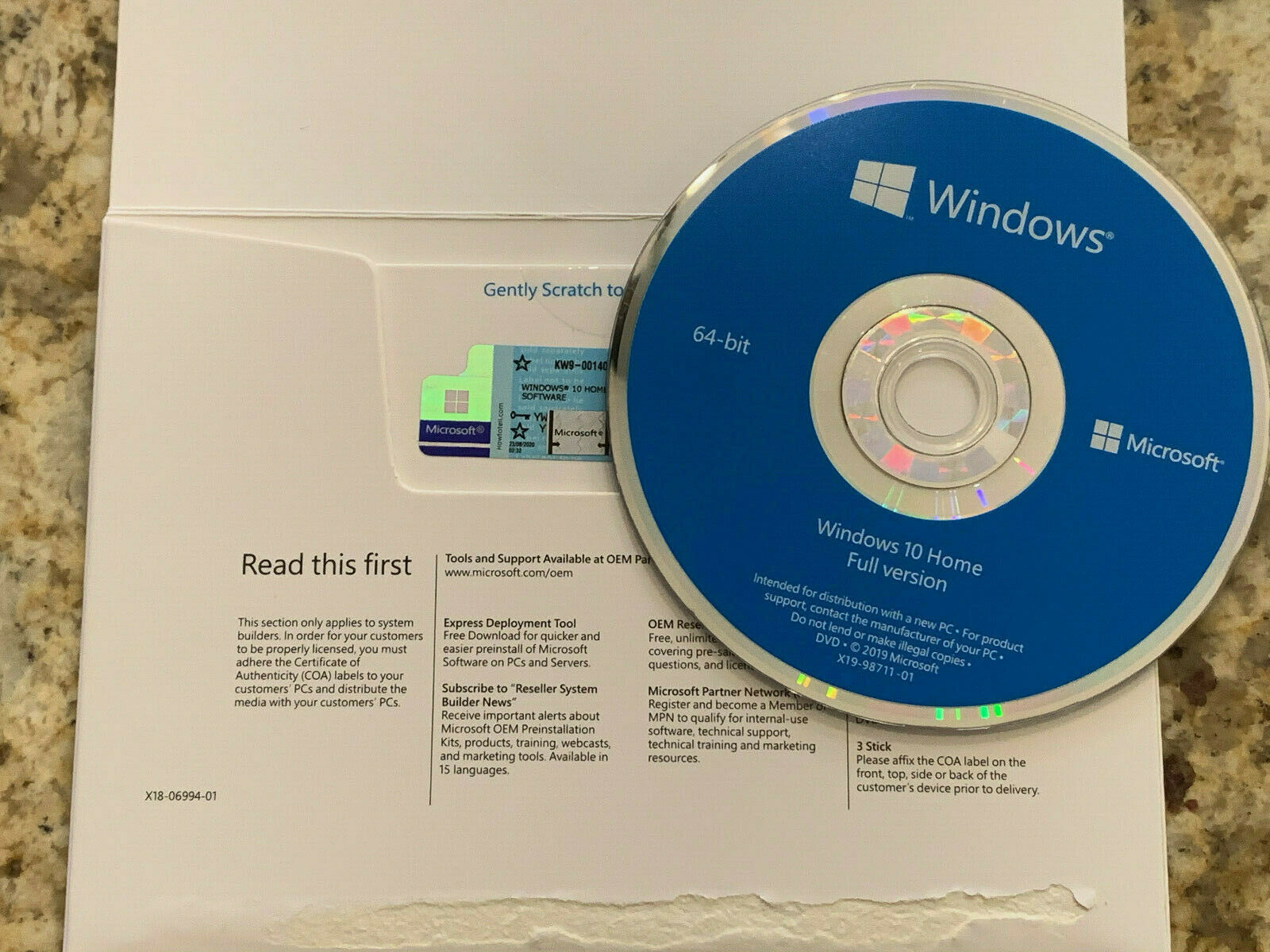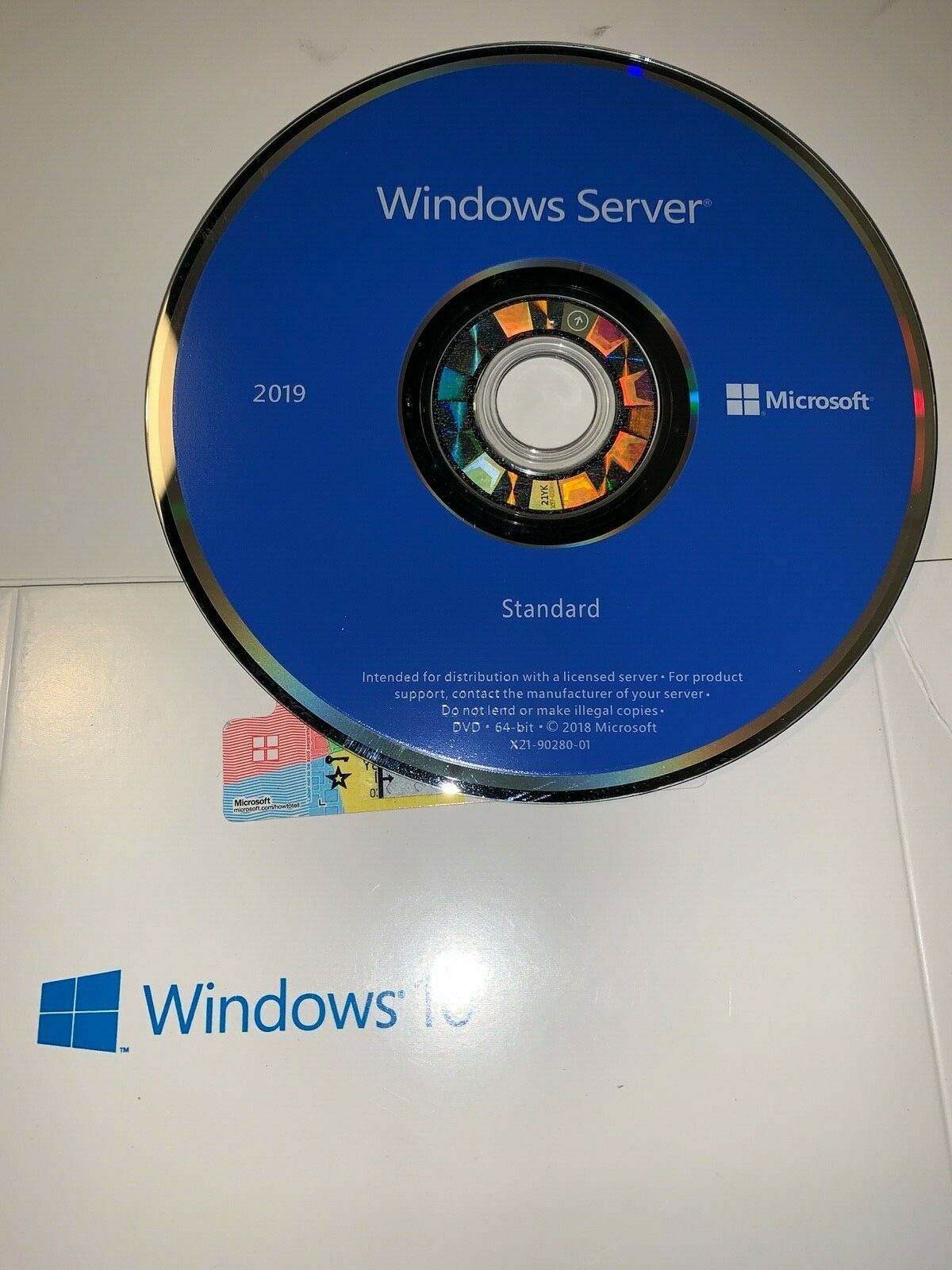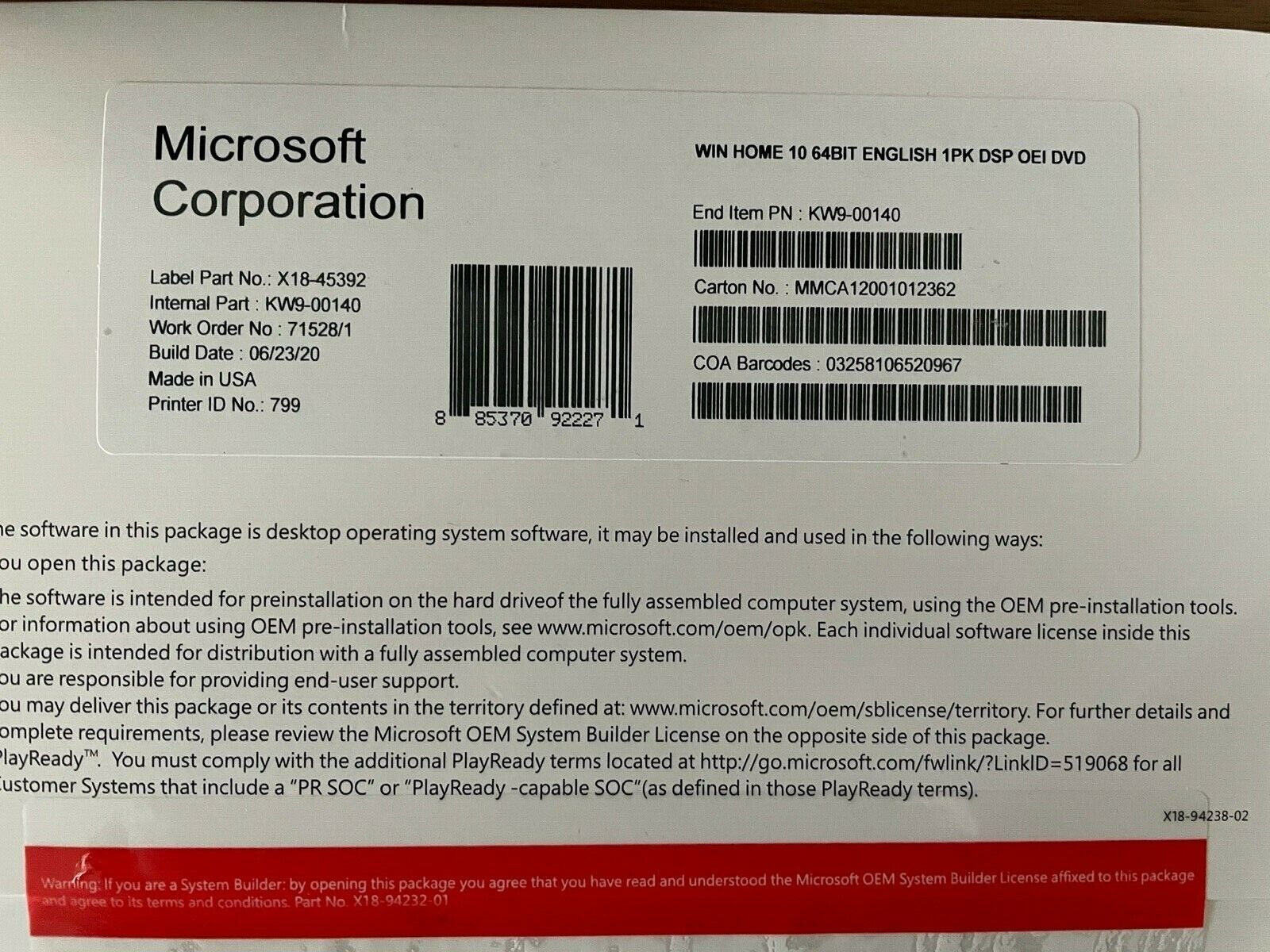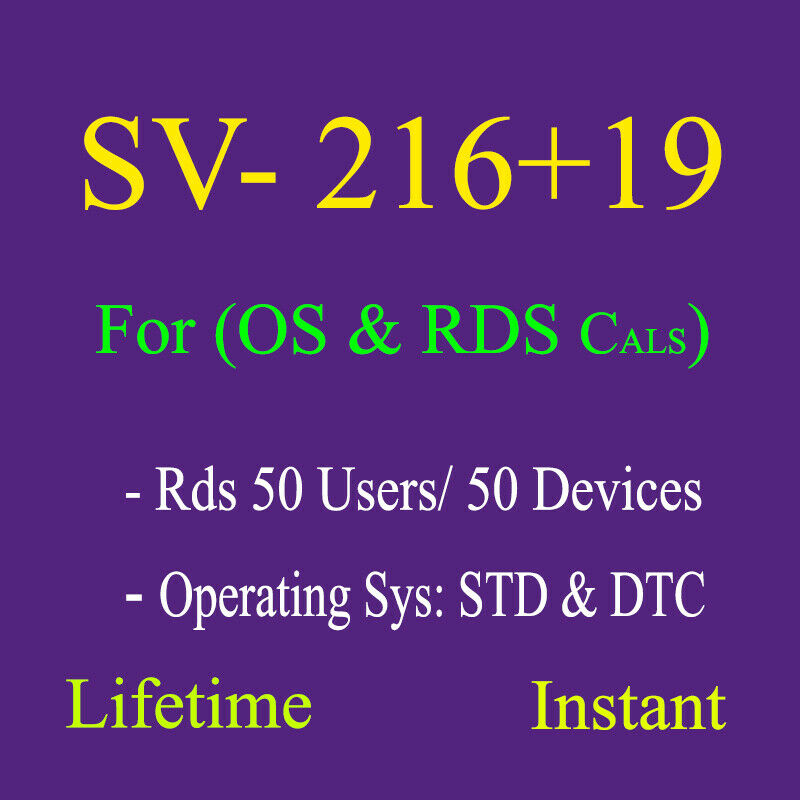-40%
NEW ARCH LINUX 2017.02.01 || 16GB USB INSTALLER
$ 5.78
- Description
- Size Guide
Description
NEW ARCH LINUX 2017.02.01 || 16GB USB INSTALLERDescription
Arch Linux is an independently developed, x86-64 general purpose GNU/Linux distribution versatile enough to suit any role. Development focuses on simplicity, minimalism, and code elegance. Arch is installed as a minimal base system, configured by the user upon which their own ideal environment is assembled by installing only what is required or desired for their unique purposes. GUI configuration utilities are not officially provided, and most system configuration is performed from the shell and a text editor. Based on a rolling-release model, Arch strives to stay bleeding edge, and typically offers the latest stable versions of most software.
The following core principles comprise what is commonly referred to as
the Arch Way
, or the Arch Philosophy, perhaps best summarized by the acronym KISS for Keep It Simple, Stupid.
Simplicity
Simplicity is the ultimate sophistication.
— Leonardo da Vinci
Arch Linux defines simplicity as
without unnecessary additions, modifications, or complications
. It ships software as released by the original developers (upstream) with minimal distribution-specific (downstream) changes.
Patches not accepted by upstream are avoided. Arch's downstream patches consist almost entirely of backported bug fixes that are obsoleted by the project's next release. In a similar fashion, Arch ships the configuration files provided by upstream with changes limited to distribution-specific issues like adjusting the system file paths. It does not add automation features such as enabling a service simply because the package was installed.
Arch Linux packages usually correspond directly to upstream projects. Packages are only split when compelling advantages exist rather than it being the norm. Splitting is only done to save disk space in particularly bad cases of waste.
Modernity
Arch Linux strives to maintain the latest stable release versions of its software as long as systemic package breakage can be reasonably avoided. It is based on a rolling-release system, which allows a one-time installation with continuous upgrades, without ever having to reinstall and without having to perform the elaborate procedures involved in system upgrades from one release version to the next. By issuing one command, an Arch system is kept up-to-date.
Arch incorporates many of the newer features available to GNU/Linux users, including the systemd init system, modern filesystems (Ext2/3/4, Reiser, XFS, JFS, BTRFS), LVM2, software RAID, udev support and initcpio (with mkinitcpio), as well as the latest available kernels.
Pragmatism
Correctness is clearly the prime quality. If a system does not do what it is supposed to do, then everything else about it matters little.
— Bertrand Meyer
Arch is a pragmatic distribution rather than an ideological one. The principles here are only useful guidelines. Ultimately, design decisions are made on a case-by-case basis through developer consensus. Evidence-based technical analysis and debate are what matter, not politics or popular opinion.
The large number of packages and build scripts in the various Arch Linux repositories support freedom of choice, offering free and open source software for those who prefer it as well as proprietary software packages for those who embrace
functionality over ideology
.
User centrality
Whereas many GNU/Linux distributions attempt to be more
user-friendly
, Arch Linux has always been, and shall always remain
user-centric
. The distribution is intended to fill the needs of those contributing to it rather than trying to appeal to as many users as possible. It is suited to anyone with a do-it-yourself attitude that's willing to spend some time reading the documentation and solving their own problems.
Every user is encouraged to contribute by reporting bugs, improving the community documentation on the wiki and providing technical assistance to others. Patches improving packages or the core projects are highly valued and the Arch User Repository offers a repository of user-contributed packages. Arch's developers are volunteers and active contributors will often find themselves becoming part of that team.
As Judd Vinet, the founder of the Arch Linux project said: "[Arch Linux] is what
you
make it."
Versatility
Arch Linux is a general purpose distribution. Upon installation, a command-line environment is provided: rather than tearing out unneeded and unwanted packages, the user is offered the ability to build on a basic but carefully chosen set of software suitable for nearly any use case. Arch's design philosophy and implementation make it easy to extend and mold into whatever kind of system is required, from a basic console machine to feature-rich desktop environments: it is the user who decides what his system will be.
Careful care and consideration is taken in sourcing the world's leading GNU brands from around the globe to be made available all in one space. All products sourced are retail quality in order to uphold the integrity of the brands they represent and we take pride in the portion of proceeds that go to the support of developers for future updates and innovation.








